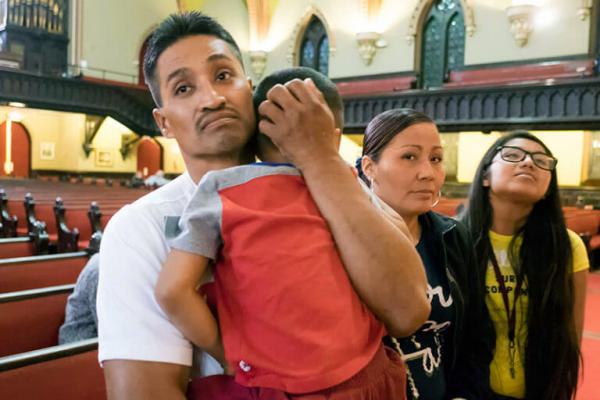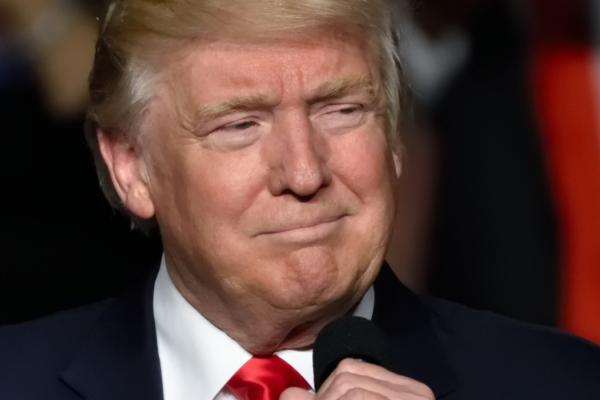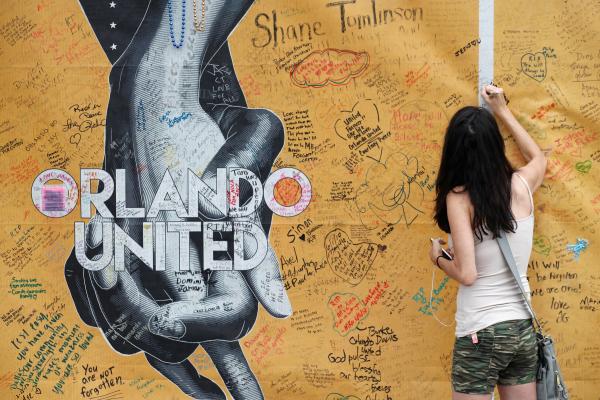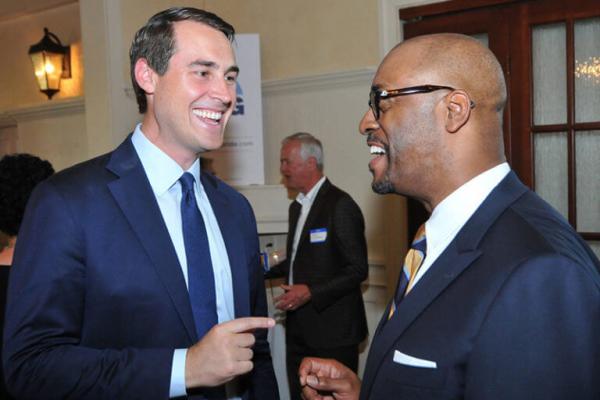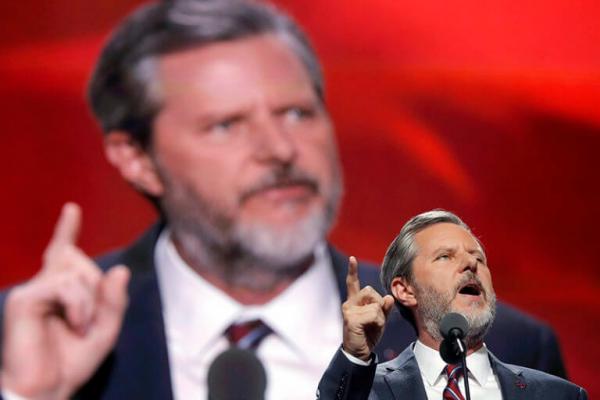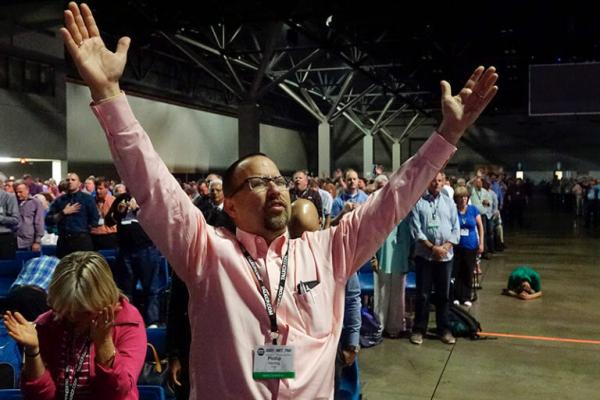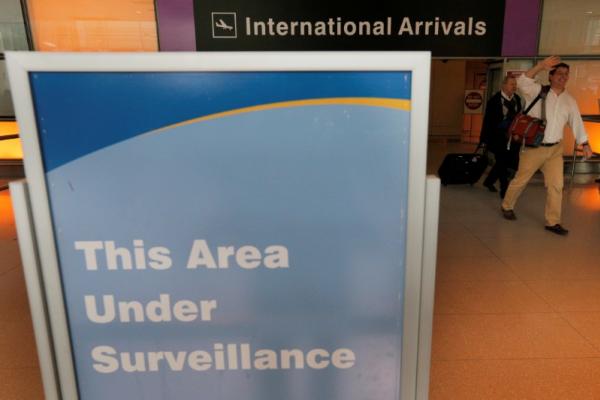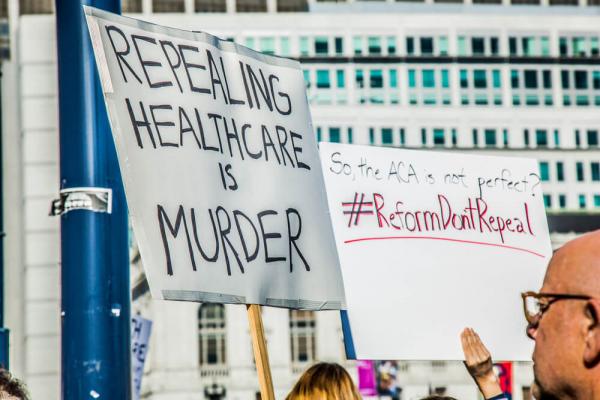Though they gave respectable answers, I was amazed no one directly quoted the Christian Gospels on the subject.
The Gospel of Mark provides one saying of Jesus directly applicable to this situation. But when we examine subsequent uses of that saying in the other Gospels, we can see why none of the 60 Minutes interviewees dared quote that particular verse.
Trump’s trip, then, is the epitome of this unique, sales-based approach that characterized his campaign and administration — a move toward achieving personal, political, and even religious victory, simultaneously. But to what end? The only clear motivation to which I can point is the uncannily vague promise to “Make America Great Again.”
On June 9, the U.S. Department of Justice indicted Adam Purinton, a white man from Kansas, with hate charges for allegedly shooting three men. Two of the men were Indian nationals, and one died of his wounds. According to the Kansas City Star, Srinivas Kuchibhotla, the Indian national who was fatally shot, worked at the company Garmin’s Olathe, Kansas location as an engineer, alongside fellow engineer Alok Madasani, the second Indian national who was shot.
Rosado was one of the first people to be called the morning of June 12. The body count from the Pulse nightclub shooting was still unconfirmed, but as names started to be released, it was clear that most of the victims were Latinx, particularly of Puerto Rican descent. Many of their families only spoke rudimentary English, a secondary tongue not suitable to communicate the nuance of such tragic news. Rosado remembers how most of the hospital staff did not speak Spanish, and consistently mispronounced the Hispanic names of the victims.
King is no latecomer on this issue. His views and his deep commitment to the LGBTQ community were shaped by his gay older brother’s suicide in the 1990s, an event that shook his family.
King’s sentiments were not unique, even for straight white believers like himself. What is unique is that they came from a candidate for governor of Florida who is running as both an evangelical Christian and a progressive Democrat.
The Rev. Jerry Falwell Jr., president of Liberty University and a vocal supporter of President Donald Trump, will be part of a planned task force on higher education, the White House confirmed. According to Falwell, who spoke to the Chronicle of Higher Education, he will be one of 15 college presidents who will participate. Falwell told Politico, “We haven’t had any substantive discussions on the issues yet.”
“Barack Obama didn’t divide us,” said Nathan A. Finn, dean of the School of Theology and Missions at Union University, a Southern Baptist college in Jackson, Tenn.
“Donald Trump divided us. His personal behavior, his policy views, his temperament and character, his religious values, all were highly questionable.”
A second U.S. appeals court on Monday ruled against President Donald Trump's temporary travel ban on people entering the United States from six Muslim-majority countries, largely upholding a lower court's decision.
In essence, we have struggled to understand the work and responsibility of Christian compassion in issues of healthcare and policy. Should this responsibility be shared by all and secured by the government, or should it primarily be the domain of people of faith and those moved by a higher calling to mercy and healing? With the new GOP Health Care Bill, and the ongoing debates about healthcare in America, Christians across the aisle struggle to evaluate how well we are doing at caring for the disenfranchised and the sick.
In many conversations I’ve had with my friends who are people of color, it’s clear the church has set itself up in America to mostly benefit a certain kind of person. The white American church is a Western version of the gospel that often manifests as a top-down model that benefits the wealthy. And the more that I learn about my own Native American identity tied to the church, the more I see that truth throughout our nation’s history.
